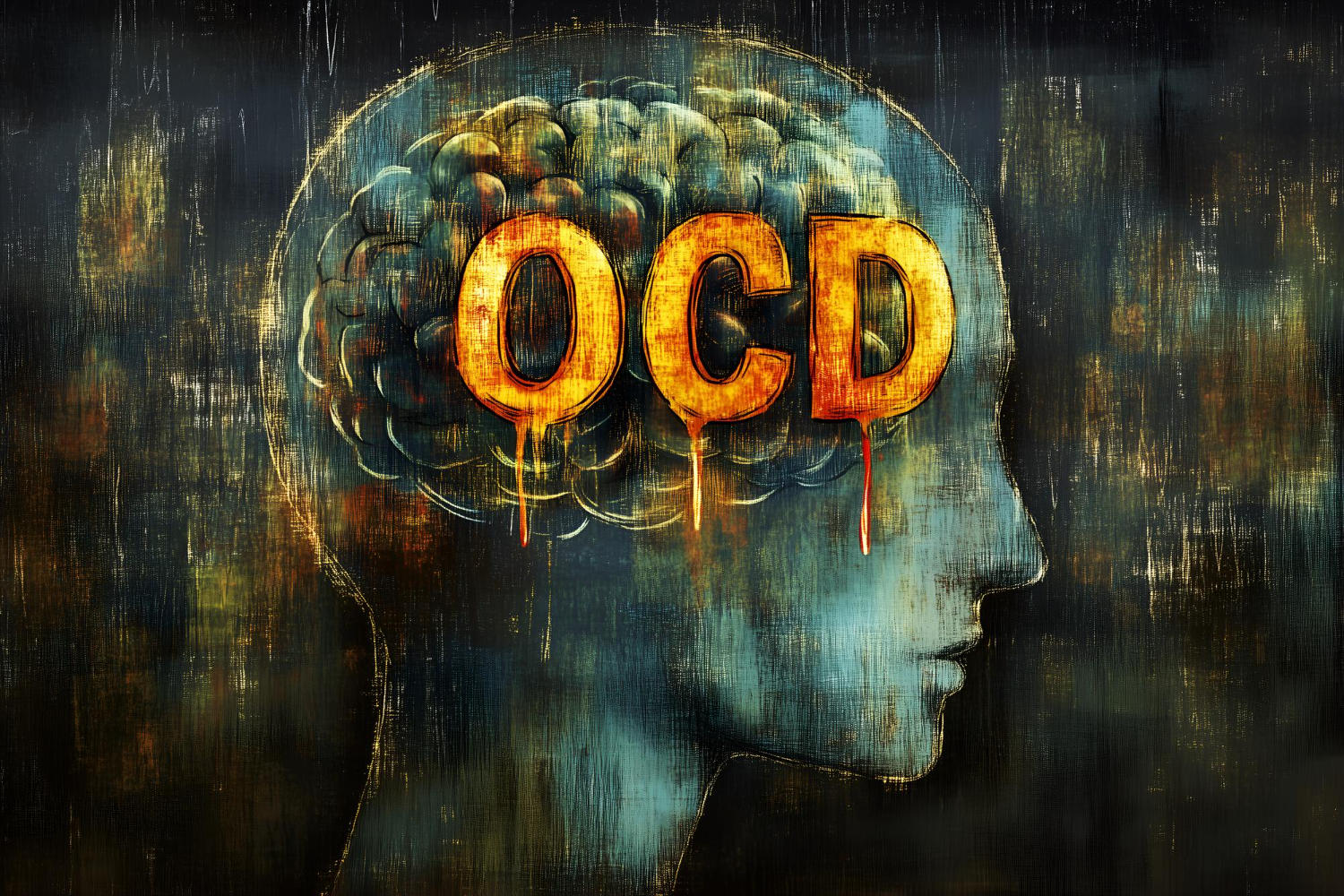Obsessive-Compulsive Disorder (OCD) is a mental health condition characterized by persistent, unwanted thoughts and repetitive behaviors. These compulsions are often attempts to alleviate the anxiety caused by the obsessions.
Understanding the different forms of OCD is crucial for both accurate diagnosis and effective treatment. As we unravel the complexities of OCD, this article aims to provide clarity and hope to those affected and their loved ones.
What Are the 4 Types of OCD?
To address the core question, OCD can be broken down into four main categories: Contamination OCD, Symmetry and Ordering OCD, Intrusive Thoughts OCD, and Hoarding OCD.
Each of these types comprises unique symptoms and behaviors that can significantly impact an individual’s daily life. By identifying and understanding these categories, one can better manage and navigate the challenges presented by OCD.
Detailed Breakdown of Each OCD Type
A. Contamination OCD
Contamination OCD involves an intense fear of germs, dirt, or illness. Individuals with this subtype often engage in excessive cleaning or washing rituals to avoid perceived contaminants.
- Common Symptoms:
- Repeated washing of hands or other body parts.
- Avoiding public spaces or certain objects out of fear of contamination.
These behaviors are driven by a desire to alleviate the distress associated with contamination fears, yet they often lead to further isolation and anxiety.
B. Symmetry and Ordering OCD
This subtype is characterized by an obsession with symmetry, order, or exactness. People with this condition find themselves needing to arrange items until they feel “just right.”
- Common Symptoms:
- Repeatedly aligning items in a particular order.
- A compulsion to organize things symmetrically.
Compulsive organizing is typically a coping mechanism to relieve internal tension or discomfort related to disorder or imbalance.
C. Intrusive Thoughts OCD
Individuals with Intrusive Thoughts OCD experience disturbing and unwanted thoughts that often revolve around themes of harm, religious issues, or inappropriate content. These thoughts are distressing and are not aligned with the individual’s true intentions or desires.
- Common Symptoms:
- Persistent fear of causing harm to oneself or others.
- Recurring unwanted thoughts that challenge one’s moral or ethical beliefs.
Despite these thoughts being involuntary and not actionable, they cause significant distress and anxiety to the sufferer.
D. Hoarding OCD
Hoarding OCD is marked by a persistent difficulty discarding possessions, regardless of their value. This results in cluttered living environments that may become unmanageable.
- Common Symptoms:
- Holding on to items that others would deem unnecessary.
- Severely cluttered or untidy living spaces.
It’s important to differentiate Hoarding OCD from Hoarding Disorder; while both involve difficulty discarding items, OCD hoarding is often accompanied by invasive thoughts and compulsions to prevent perceived harm associated with getting rid of items.
What Causes These Different Types of OCD?
OCD is believed to stem from a combination of genetic, environmental, and neurological factors. Genetic predispositions may increase the likelihood of developing OCD, while environmental triggers such as trauma or significant life changes can exacerbate its onset.
Furthermore, an imbalance in brain chemistry, particularly involving serotonin levels, is often associated with OCD symptoms. Understanding these underlying causes can pave the way for tailored and effective treatment plans.
How Are the 4 Types of OCD Treated?
Treatment for OCD typically involves a multifaceted approach that addresses both the symptoms and the underlying causes. Here are some common treatment options:
- Cognitive Behavioral Therapy (CBT): This evidence-based therapy helps individuals challenge and modify their thought patterns and behaviors. CBT, especially when combined with Exposure and Response Prevention (ERP), can significantly reduce compulsions by gradually exposing individuals to anxiety-provoking stimuli without engaging in compulsions.
- Medication: Selective Serotonin Reuptake Inhibitors (SSRIs) are commonly prescribed to help manage OCD symptoms by balancing brain chemistry.
- Other Therapies: Mindfulness techniques, support groups, and family therapy can also be beneficial in managing OCD’s impact and fostering a supportive environment for recovery.
How to Manage OCD on a Day-to-Day Basis
Successfully managing OCD in daily life is crucial for improving quality of life and reducing stress. Here are practical strategies:
- Keeping a Journal: Documenting thoughts and compulsions can help identify patterns and triggers.
- Practicing Relaxation Techniques: Methods such as deep breathing and meditation can mitigate anxiety and decrease compulsive behaviors.
- Gradual Exposure to Triggers: Slowly facing fears can help reduce their power and lessen anxiety over time.
Remember, seeking professional help when necessary can make a significant difference in managing OCD effectively.
The Importance of Early Diagnosis and Support
Early diagnosis of OCD enables individuals to seek treatment sooner, which can prevent further complications or escalation of symptoms.
Mental health professionals provide essential support and guidance, often making the treatment process more manageable.
Moreover, family and community support are vital in creating an understanding environment conducive to healing and recovery.
FAQs
What is the most common type of OCD?
While OCD types can vary in prevalence, Contamination OCD is often reported as one of the most common forms.
Can OCD go away on its own?
OCD rarely resolves without intervention. Treatment typically helps manage symptoms effectively.
Is OCD hereditary?
There is evidence to suggest that OCD can have a genetic component, making family history a risk factor.
How can I help a loved one with OCD?
Offer support by understanding their condition, encouraging professional treatment, and providing a non-judgmental space for them to express their feelings.
Are all types of OCD treatable?
Yes, with a combination of therapy, medication, and support, all types of OCD are treatable and manageable.
By examining the nuances of OCD, this article aims to provide a comprehensive guide to understanding and managing this complex disorder.
Emphasizing awareness, treatment options, and daily coping strategies affirms that individuals are not alone in their journey towards wellness and can find hope and healing through knowledge and support.

















